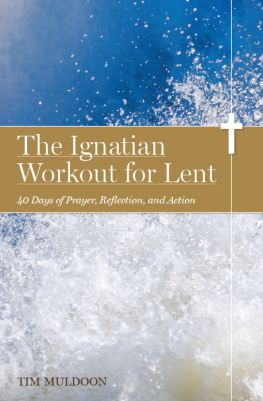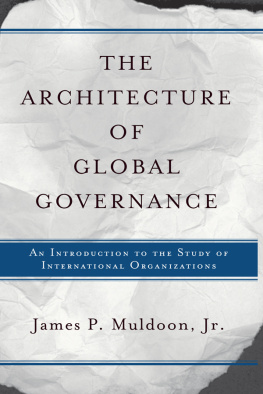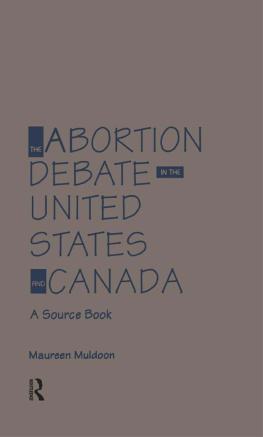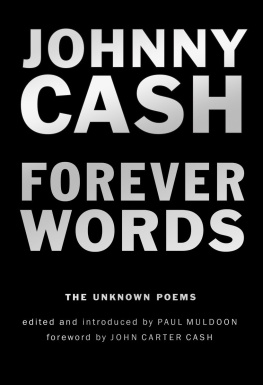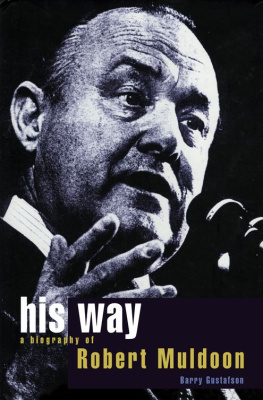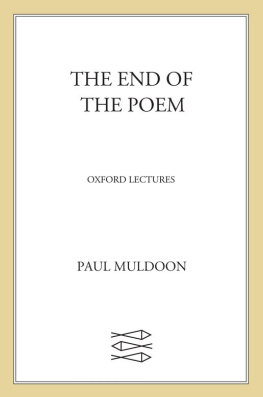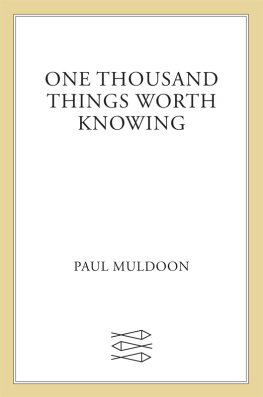Paul Muldoon [Paul Muldoon] - Poems 1968-1998
Here you can read online Paul Muldoon [Paul Muldoon] - Poems 1968-1998 full text of the book (entire story) in english for free. Download pdf and epub, get meaning, cover and reviews about this ebook. year: 2011, publisher: Faber & Faber, genre: Detective and thriller. Description of the work, (preface) as well as reviews are available. Best literature library LitArk.com created for fans of good reading and offers a wide selection of genres:
Romance novel
Science fiction
Adventure
Detective
Science
History
Home and family
Prose
Art
Politics
Computer
Non-fiction
Religion
Business
Children
Humor
Choose a favorite category and find really read worthwhile books. Enjoy immersion in the world of imagination, feel the emotions of the characters or learn something new for yourself, make an fascinating discovery.
- Book:Poems 1968-1998
- Author:
- Publisher:Faber & Faber
- Genre:
- Year:2011
- Rating:4 / 5
- Favourites:Add to favourites
- Your mark:
- 80
- 1
- 2
- 3
- 4
- 5
Poems 1968-1998: summary, description and annotation
We offer to read an annotation, description, summary or preface (depends on what the author of the book "Poems 1968-1998" wrote himself). If you haven't found the necessary information about the book — write in the comments, we will try to find it.
Paul Muldoon [Paul Muldoon]: author's other books
Who wrote Poems 1968-1998? Find out the surname, the name of the author of the book and a list of all author's works by series.
Poems 1968-1998 — read online for free the complete book (whole text) full work
Below is the text of the book, divided by pages. System saving the place of the last page read, allows you to conveniently read the book "Poems 1968-1998" online for free, without having to search again every time where you left off. Put a bookmark, and you can go to the page where you finished reading at any time.
Font size:
Interval:
Bookmark:
FOR JEAN, DOROTHY, AND ASHER
They knew all about falling off. Occasionally, they would have fallen out of the trees. Climbing again, they had something to prove To their neighbours. And they did have neighbours. The electric people lived in villages Out of their need of security and their constant hunger. Together they would divert their energies To neutral places.
Anger to the banging door, Passion to the kiss. And electricity to earth. Having stolen his thunder From an angry god, through the trees They had learned to string his lightning. The women gathered random sparks into their aprons, A child discovered the swing Among the electric poles. Taking everything as given, The electric people were confident, hardly proud. They kept fire in a bucket, Boiled water and dry leaves in a kettle, watched the lid By the blue steam lifted and lifted.
So that, where one of the electric people happened to fall, It was accepted as an occupational hazard. There was something necessary about the thing. The North Wall Of the Eiger was notorious for blizzards, If one fell there his neighbour might remark, Bloody fool. All that would have been inappropriate, Applied to the experienced climber of electric poles. I have achieved this great height? No electric person could have been that proud, Thirty or forty feet. Perhaps not that, If the fall happened to be broken by the roof of a shed.
The belt would burst, the call be made, The ambulance arrive and carry the faller away To hospital with a scream. There and then the electric people might invent the railway, Just watching the lid lifted by the steam. Or decide that all laws should be based on that of gravity, Just thinking of the faller fallen. Even then they were running out of things to do and see. Gradually, they introduced legislation Whereby they nailed a plaque to every last electric pole. They would prosecute any trespassers.
The high up, singing and live fruit liable to shock or kill Were forbidden. Deciding that their neighbours And their neighbours innocent children ought to be stopped For their own good, they threw a fence Of barbed wire round the electric poles. None could describe Electrocution, falling, the age of innocence.
They are breaking each other. Often I think I should be like The single tree, going nowhere, Since my own arm could not and would not Break the other. Yet by my broken bones I tell new weather.
This is the start of the underhand, The way that he has crossed These four or five delicate fields of clover To hunker by this crooked railing. This is the breathless and the intent Puncturing of the waste And isolate egg and this the clean delivery Of little yolk and albumen. These his wrists, surprised and stained.
I took your letter at eleven To the garden With my tea. And suddenly the yellow gum secreted Halfwayup The damson bush Had grown a shell. I let those scentless pages fall And took it In my feckless hand. I turned it over On its back To watch your mouth Withdraw. Making a lean white fist Out of my freckled hand.
Taking the crooked bow of yellow cane, I shot an arrow over The house and wounded my brother. He cried those huge dark tears Till they had blackened half his hair. Zeno could have had no real Notion of the flying arrow being still, Not blessed with the hindsight Of photography and the suddenly frozen shot, Yet that obstinate one Eye inveigled me to a standing stone. Evil eyes have always burned Corn black and people have never churned Again after their blink. That eye was deeper than the Lake of the Young, Outstared the sun in the sky.
Their arrowheads are more deadly than snowflakes, Their spearheads sharper than icicles, Yet stilled by snowflake, icicle. They are already broken by their need of wintering, These archers taller than any snowfall Having to admit their broken shafts and broken strings, Whittling the dead branches to the girls they like. That they have hearts is visible, The nests of birds, these obvious concentrations of black. Yet where the soldiers will later put on mail, The archers their soft green, nothing will tell Of the heart of the mailed soldier seeing the spear he flung, Of the green archer seeing his shaft kill. Only his deliberate hand, a bird pretending a broken wing.
As he dragged Himself away, You sprang up Big as half a county, Curvaceous, Drumlin country. Now at war With men, Leading them against Each other, You had to prove Your permanence. You scored the ground With a sharp brooch, Mapped your first Hillfort. The day you fell, At the hands of men, You fell Back over half a county. Clutching a town To your breasts.
They have us feeling righteous, The way we have thrown them back. Our benevolence is astounding. When my father stood out in the shallows It occurred to me that The spricklies might have been piranhas, The river a red carpet Rolling out from where he had just stood, Or I wonder now if he is dead or sleeping. For if he is dead I would have his grave Secret and safe, I would turn the river out of its course, Lay him in its bed, bring it round again. No one would question That he had treasures or his being a king, Telling now of the real fish farther down.
Font size:
Interval:
Bookmark:
Similar books «Poems 1968-1998»
Look at similar books to Poems 1968-1998. We have selected literature similar in name and meaning in the hope of providing readers with more options to find new, interesting, not yet read works.
Discussion, reviews of the book Poems 1968-1998 and just readers' own opinions. Leave your comments, write what you think about the work, its meaning or the main characters. Specify what exactly you liked and what you didn't like, and why you think so.

![Paul Muldoon [Paul Muldoon] Poems 1968-1998](/uploads/posts/book/83661/thumbs/paul-muldoon-paul-muldoon-poems-1968-1998.jpg)

